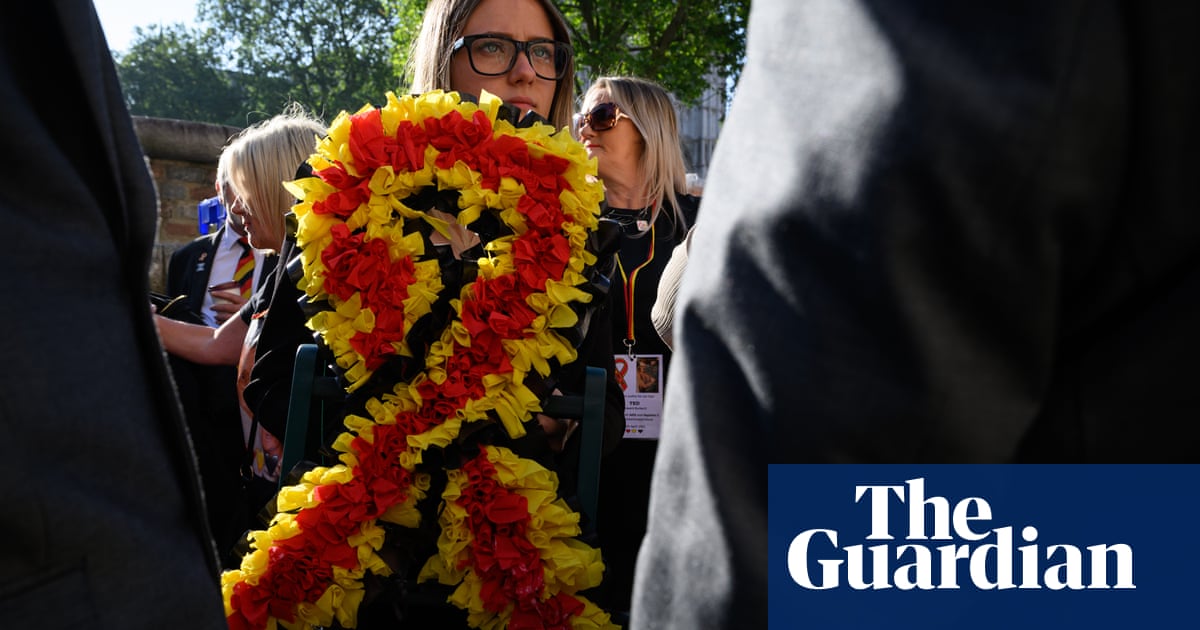
When the Conservatives launched their election campaign five weeks ago, 20 points behind in the polls and on their fourth prime minister in five years, it was unclear how things could get any worse.
The gambling scandal that has engulfed the party has answered that question. The extraordinary row began when the Guardian revealed on 12 June that Craig Williams, Rishi Sunak’s closest parliamentary aide, was under investigation by the Gambling Commission for betting on a July election three days before one was called.
Since then, it has emerged that the investigation extends to at least four more Tories, six police officers and one Labour candidate.
Tory and Labour campaigners alike say the scandal is damaging to the government for two reasons. First, it is easy to understand – using insider information to gain advantage when placing a bet is wrong and potentially illegal.
Second, it reinforces the idea that there is one rule for politicians and another for the public. In that sense, it has echoes of the Partygate scandal that rocked Boris Johnson’s government and set in motion a series of events that led to its collapse.
Michael Gove, the outgoing levelling up secretary, likened the two cases last weekend when he said that “that’s the most potentially damaging thing. The perception that we operate outside the rules that we set for others. That was damaging at the time of Partygate and is damaging here.”
There is also a parallel with the expenses scandal, which severely damaged public trust by establishing in voters’ minds that politicians were not following the rules they imposed on other people.
Like Partygate and expenses, the gambling scandal has been impossible to ignore or shut down because it has involved a constant drip-drip of damaging revelations.
A week after the Guardian’s story on Williams, the BBC reported that the Tory candidate Laura Saunders and her husband, Tony Lee, the party’s director of campaigning, were also under investigation by the watchdog. The broadcaster also revealed that a police officer working in the prime minister’s close protection team had been arrested after an allegation of bets on the timing of the election. This established that the scandal went beyond one person.
The row deepened further at the weekend when the Sunday Times reported that Nick Mason, the Conservative party’s head of data, was being investigated by the gambling watchdog over claims he had placed dozens of small bets that would cumulatively have won him thousands of pounds. He has denied wrongdoing.
On Tuesday the Metropolitan police announced that five more police officers were being investigated in relation to suspect bets on the date of the election, and a few hours later the Guardian revealed that a fifth Tory, Russell George, was being investigated.
The Conservatives tried to handle the row in a similar way to Partygate – by trying to play it down until further developments left them with no option but to strengthen their response.
At first Sunak said he was disappointed in Williams’s actions but that it was a matter for the watchdog. After more Tories were implicated, he said he was “incredibly angry”. Finally, after attempting to weather the row for a week, the prime minister withdrew support from Williams and Saunders on Tuesday and launched an internal inquiry.
It suggests the Conservatives do not think more of their candidates are implicated (Sunak said he was “not aware” of any on Monday) and are seeking to draw a line under the scandal that has dogged the party’s campaign for nearly a fortnight, although the suspensions were announced before the revelation about George.
The surprise news that a Labour candidate, Kevin Craig, is now under investigation by the gambling watchdog may take some of the sting out of Keir Starmer’s attacks.
Craig was swiftly suspended as a candidate by Labour and is understood to be under investigation for betting that he would lose the race in his safe Tory seat – rather than acting on any insider information.
It demonstrates that the investigation’s remit has widened significantly, and that it will prompt a much bigger conversation about political betting. In the US, a top Wall Street regulator is moving to ban betting on American elections – and there have already been calls for the UK to consider similar measures.
That, however, will be a question for after the election. For the next prime minister, improving standards in politics and rebuilding public trust in politicians will need to be a priority.












